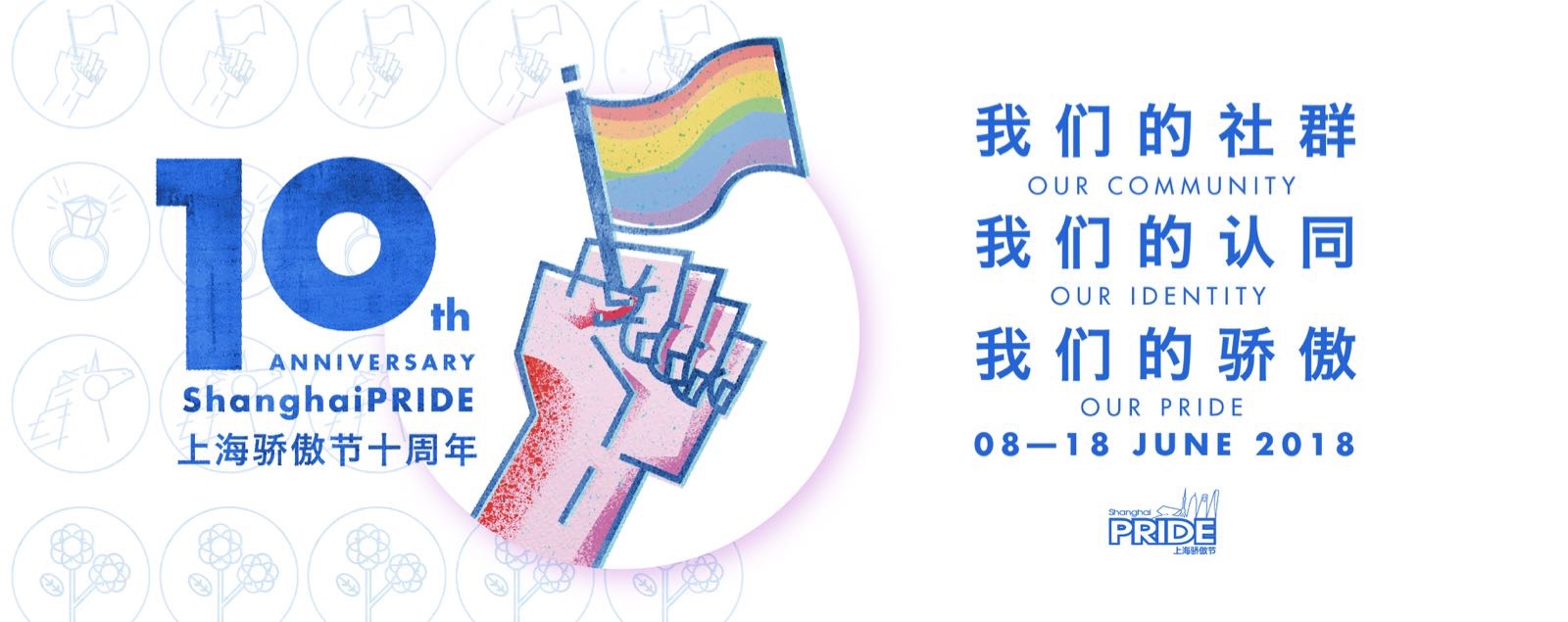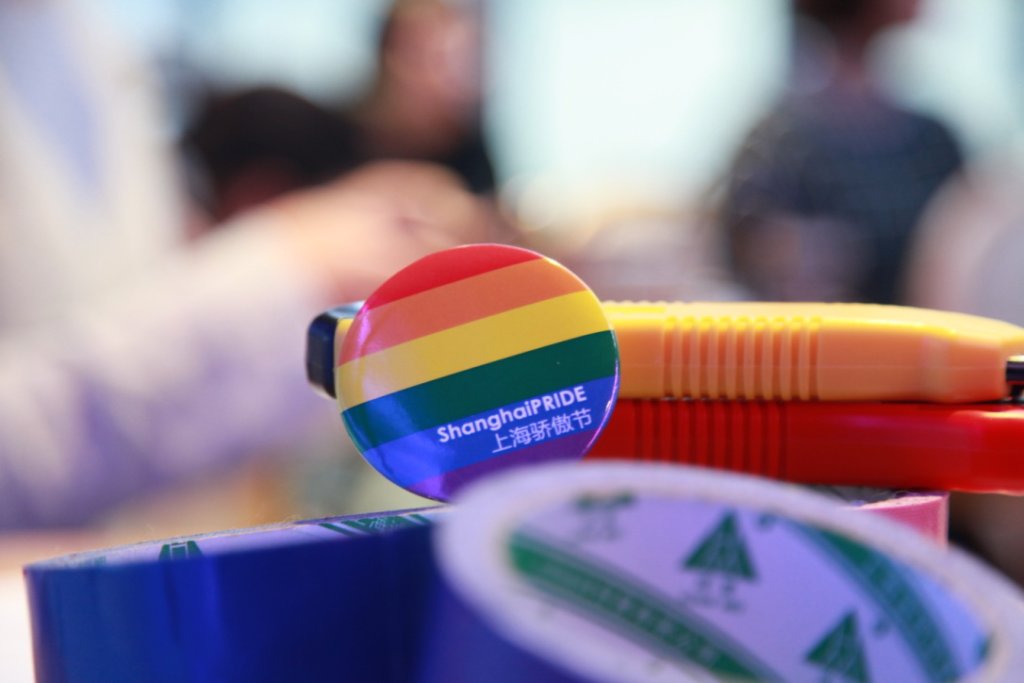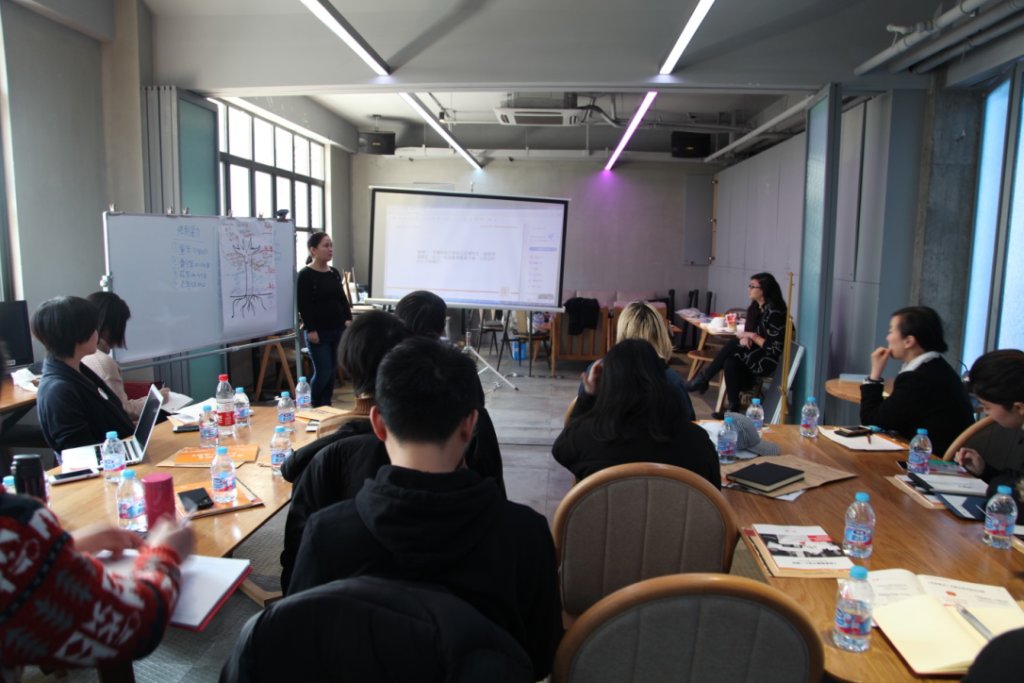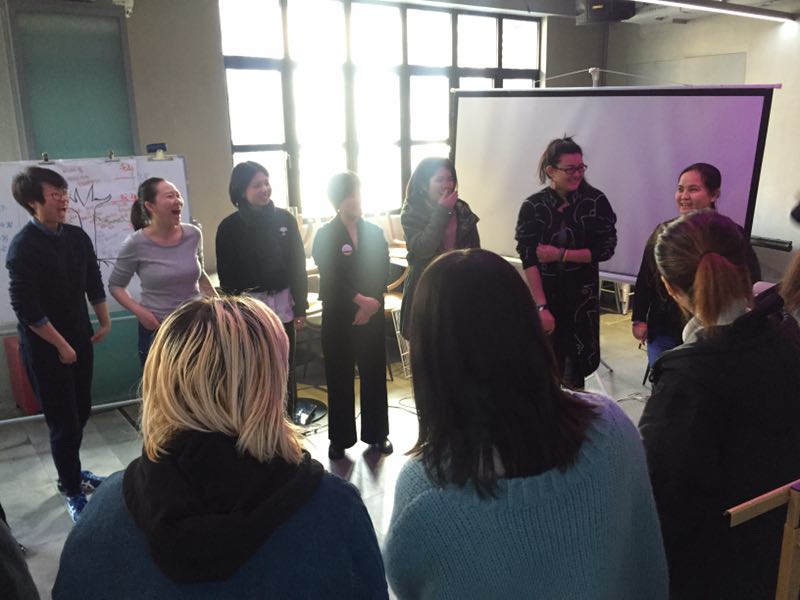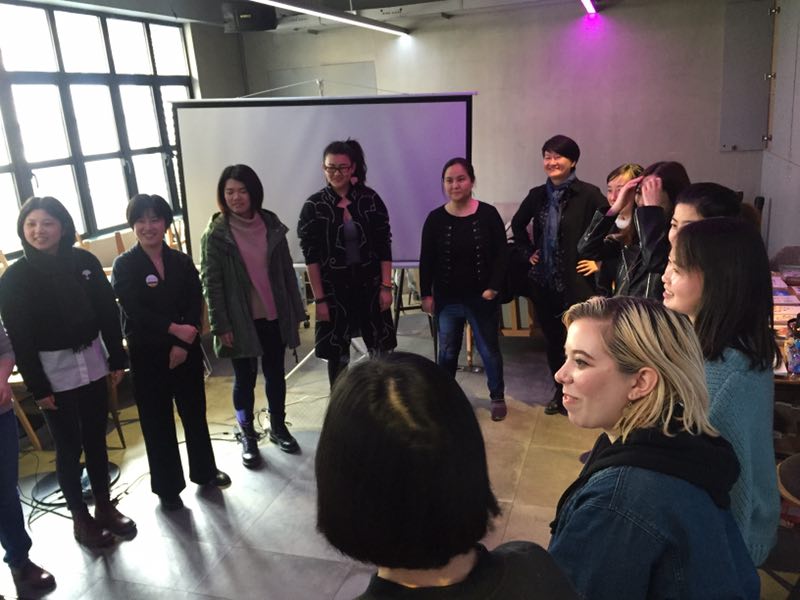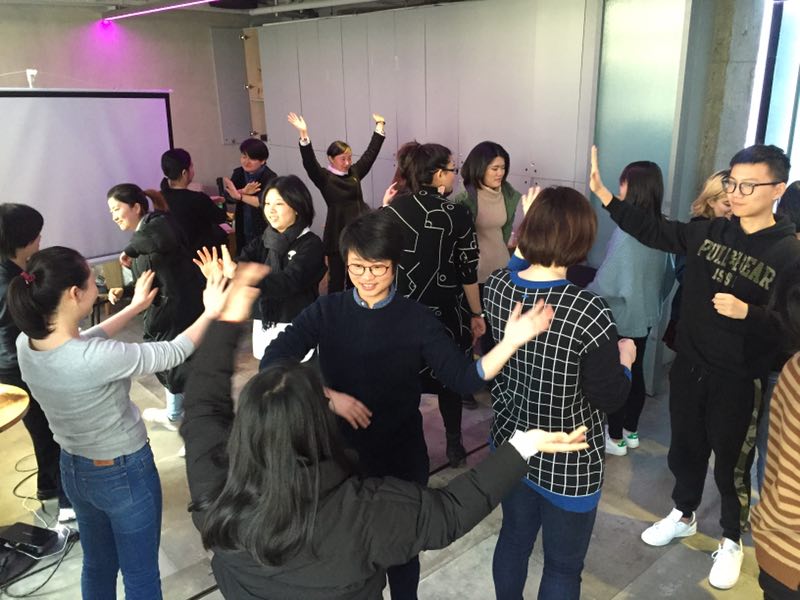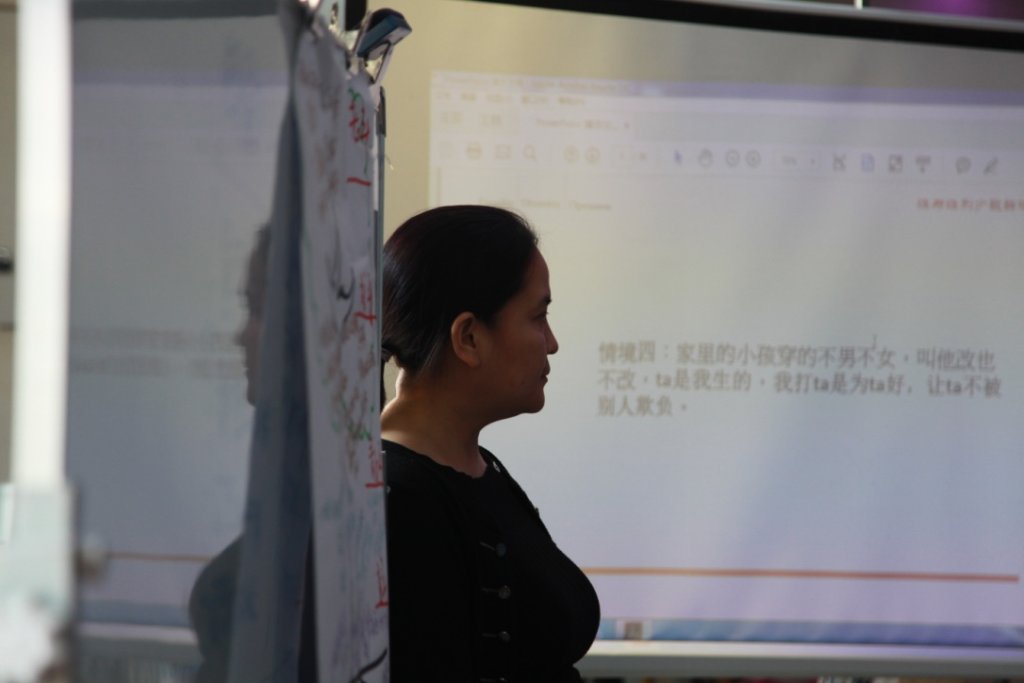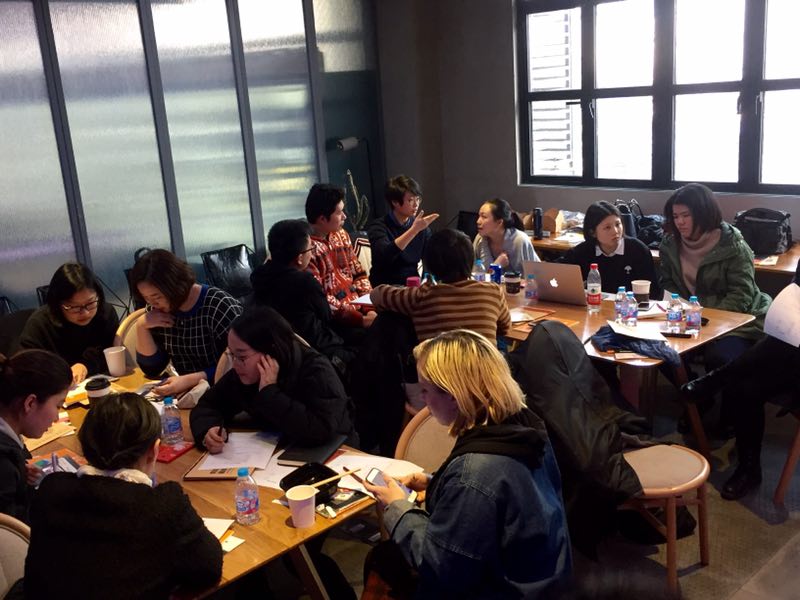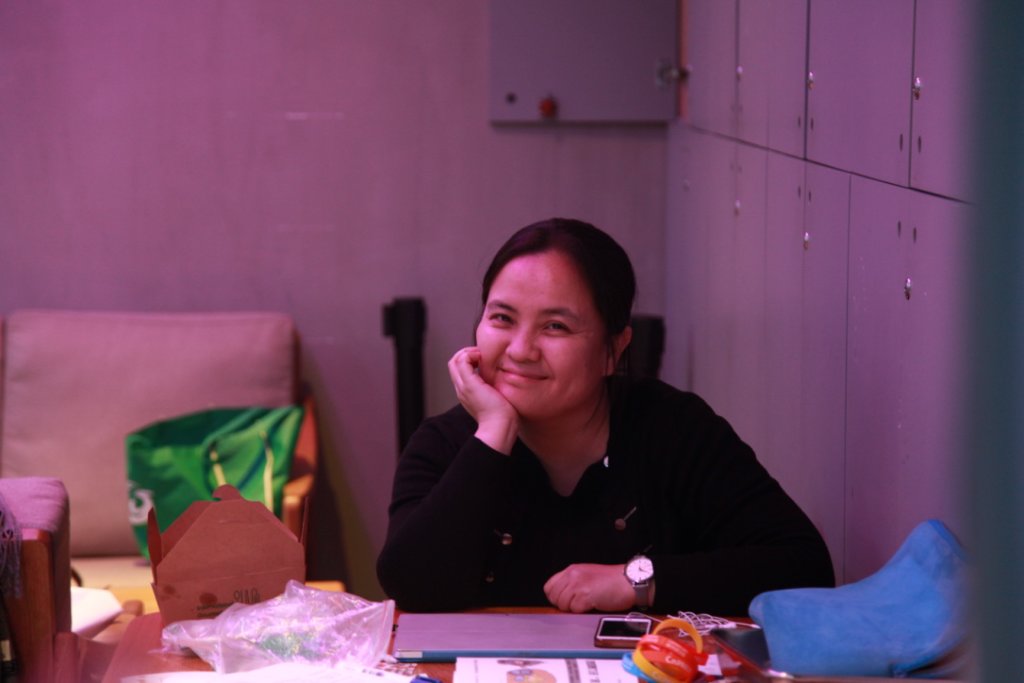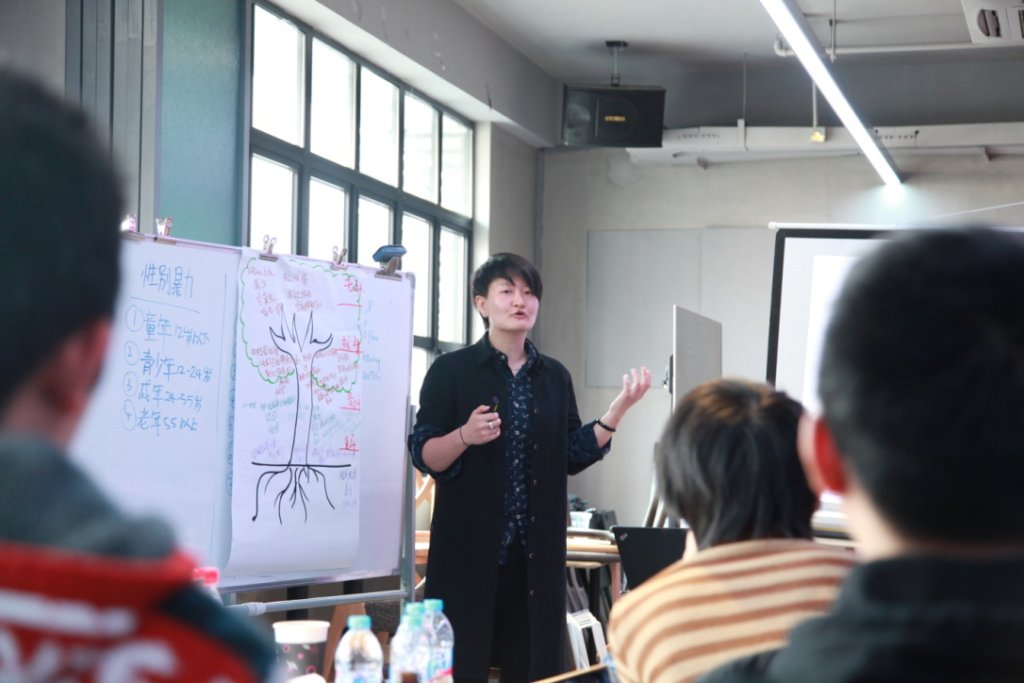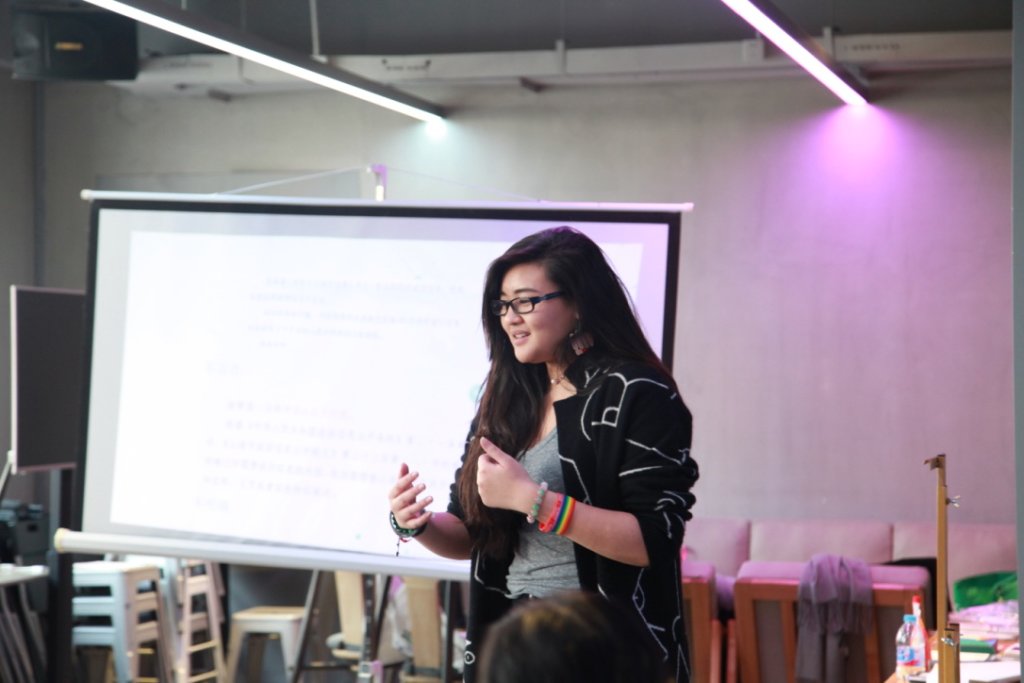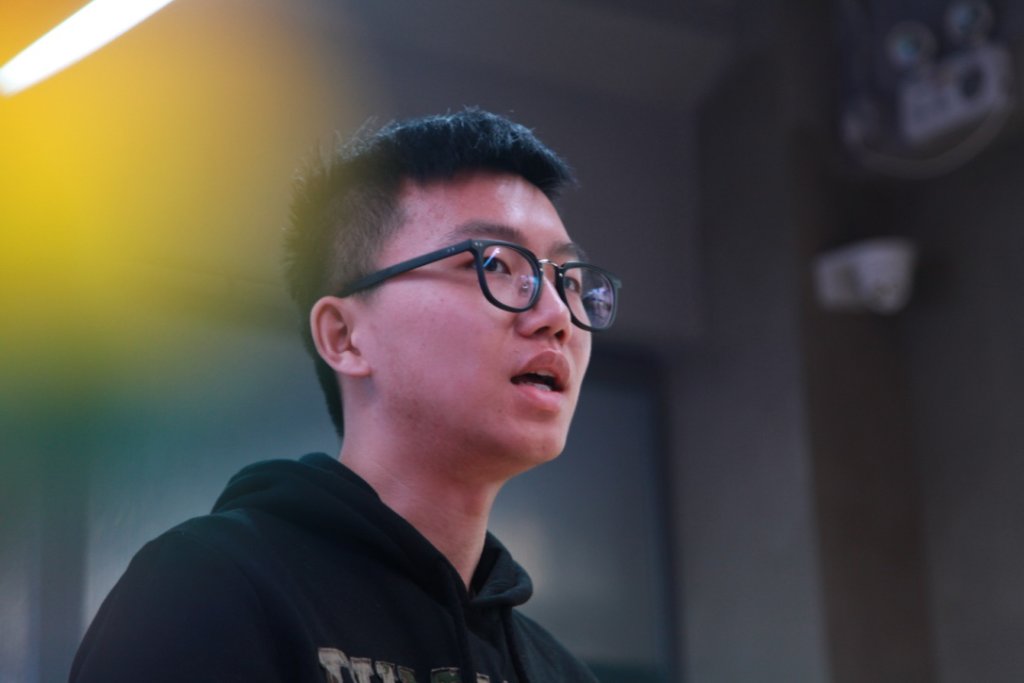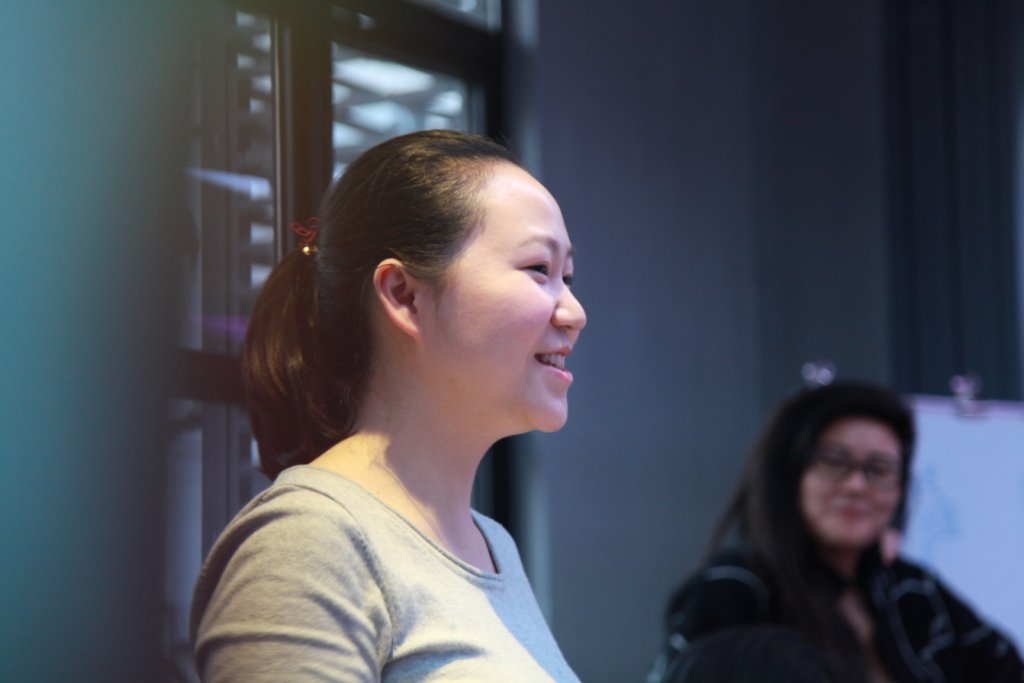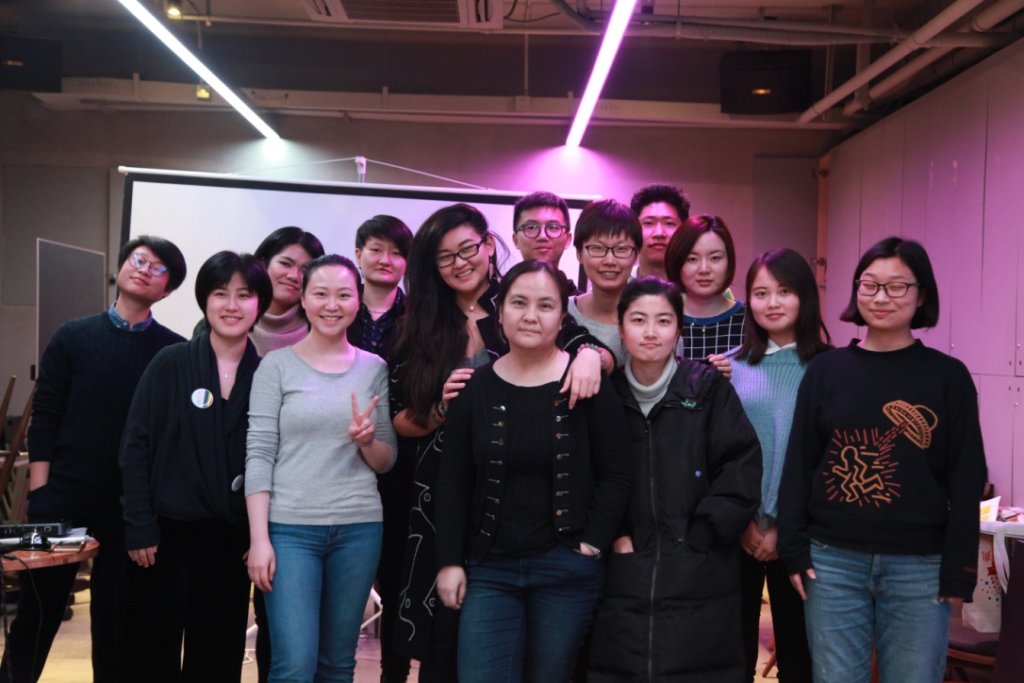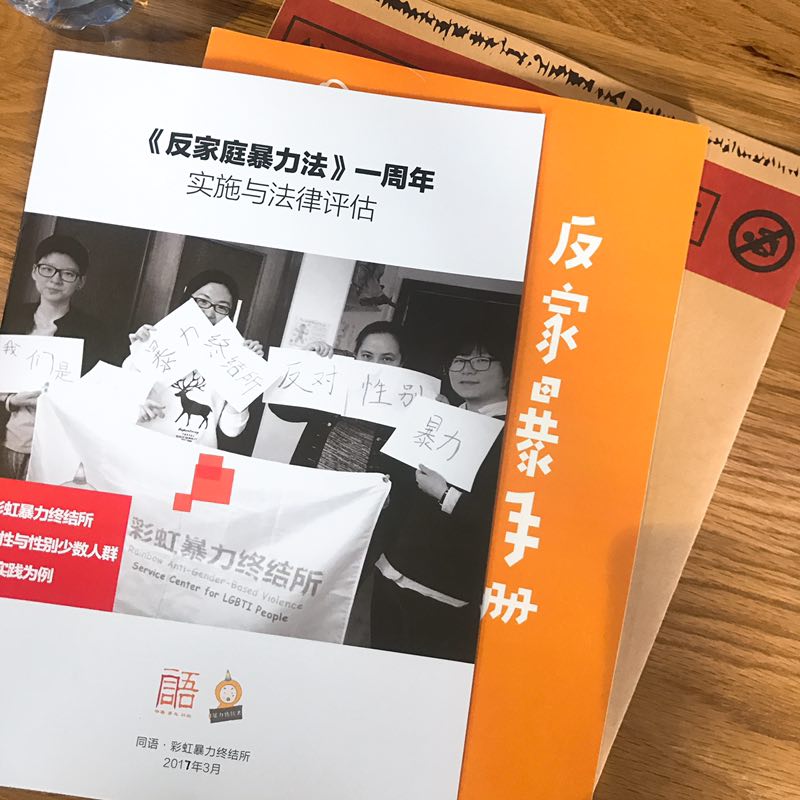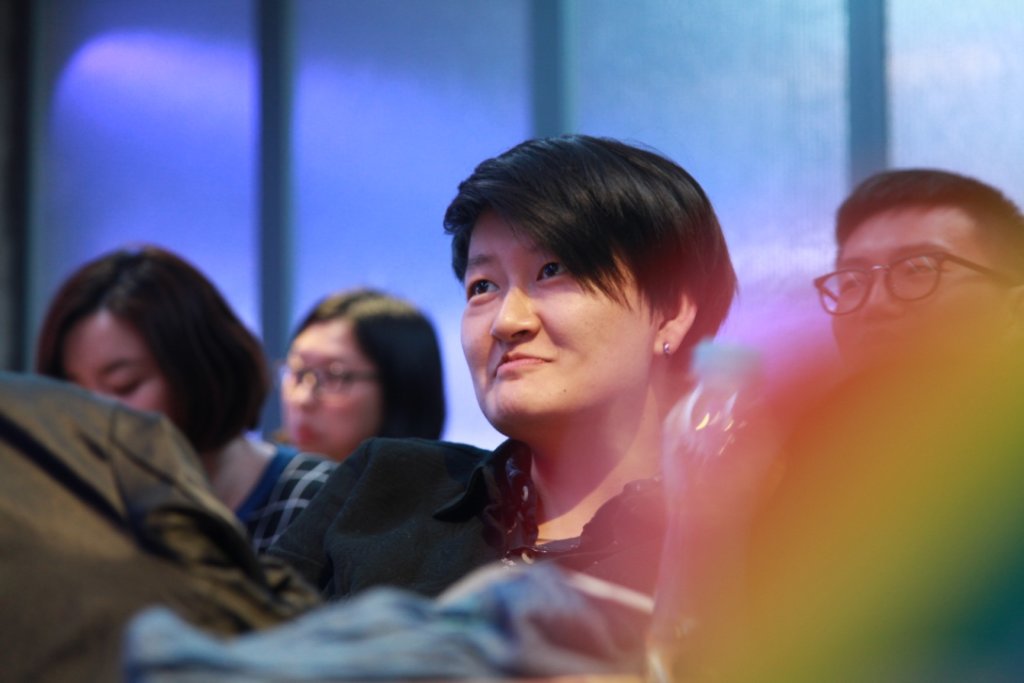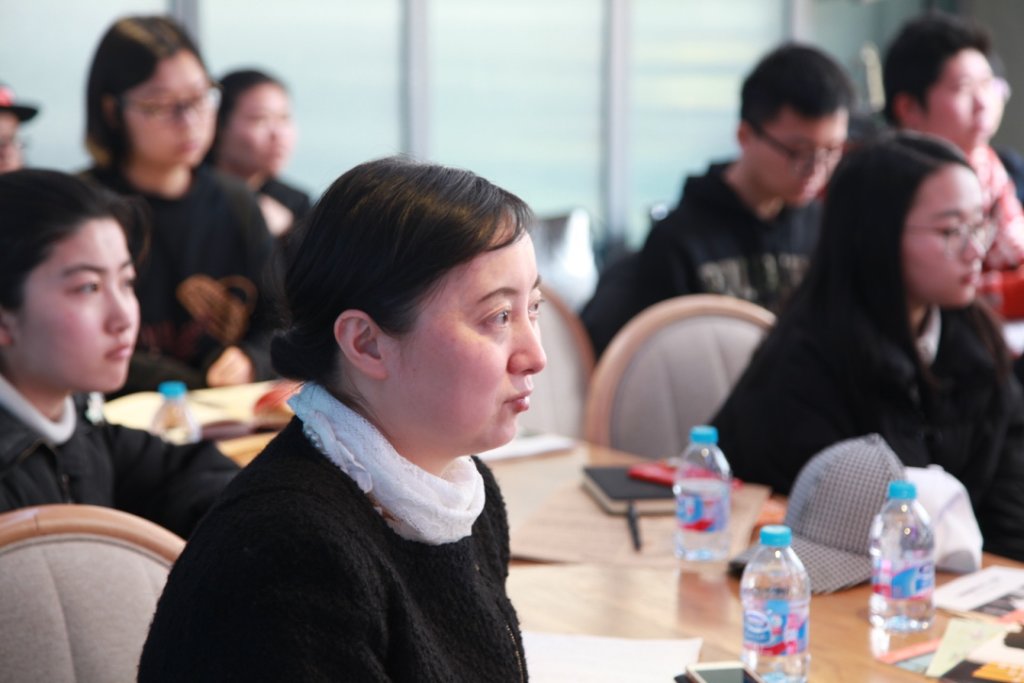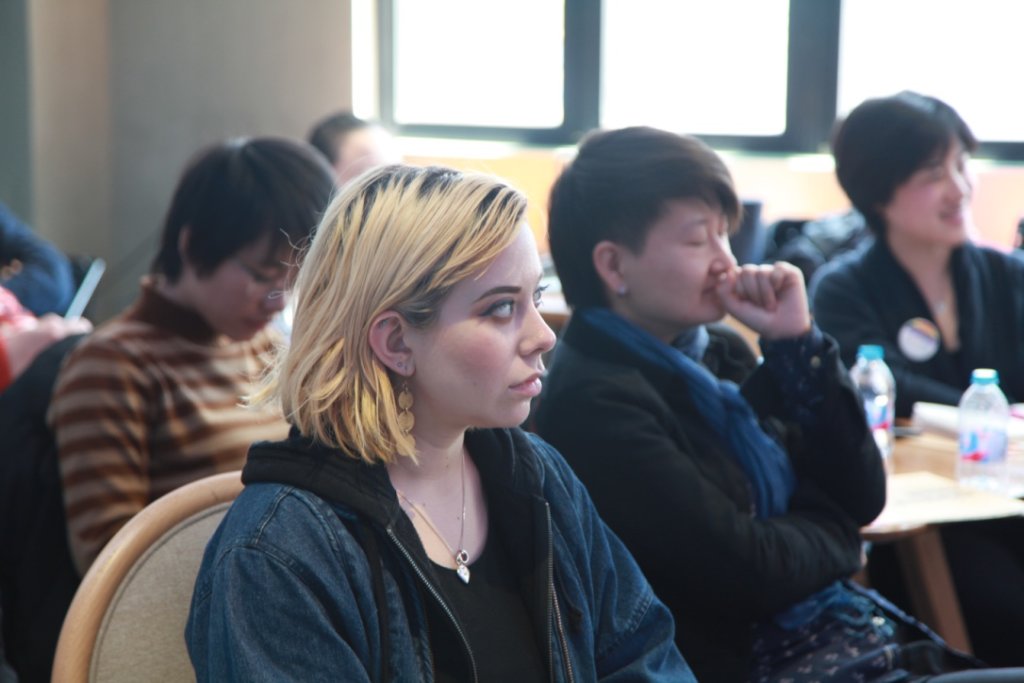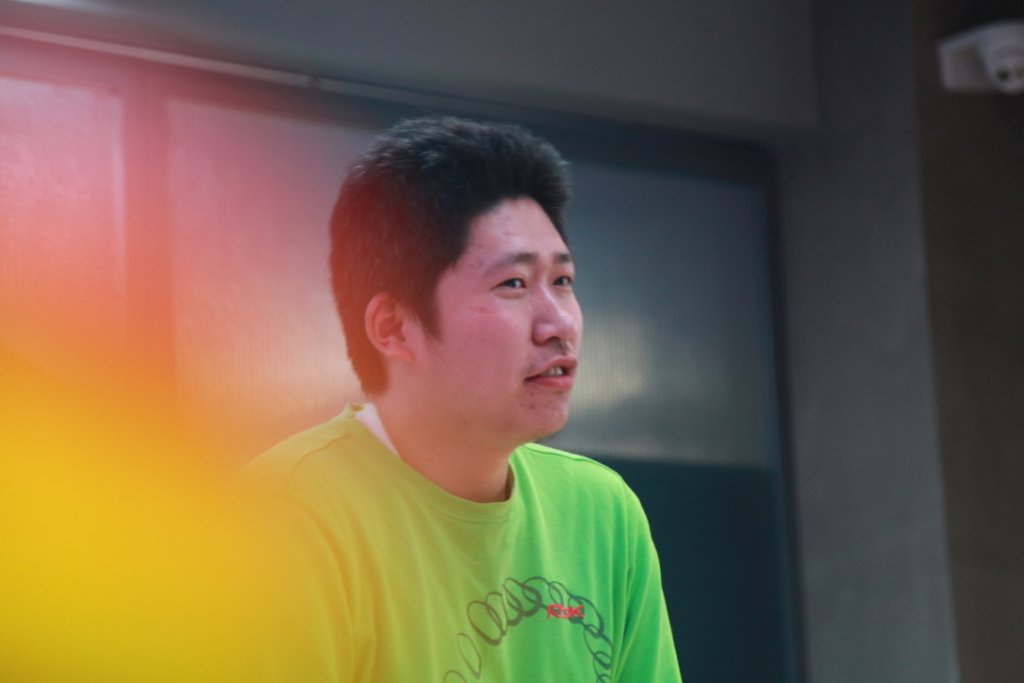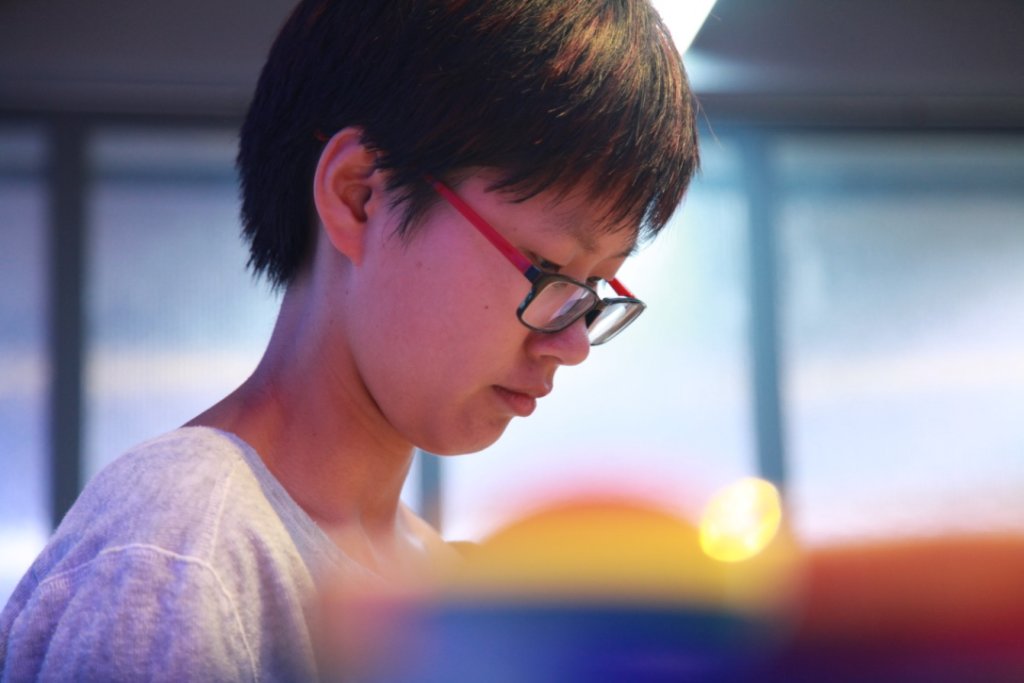Event Recap: Women Up! X China Anti-Domestic Violence Network Series II: Grassroots Organizing Workshop
After the last panel discussion to raise awareness against gender-based violence, Women Up! X CADVN collaborated with Beijing Common Language to host “Women Up! X China Anti-Domestic Violence Network Series II: Grassroots Organizing Workshop”. We aimed to deepen the participants’ understanding of the development of grassroots organizations in China, provide tools for event planning and execution, and encourage participants to establish or incubate their own projects.
Charlene, co-founder of ShanghaiPRIDE, arrived early in the morning just to express how important this subject was to her personally. There are a growing number of people becoming more aware of violence against women, queer and trans people and want to contribute more. She hoped that through this workshop, the participants would channel their passion into action.
In the beginning of the event, Lilian Shen, the host and co-founder of Women Up! X CADVN, introduced a brief ice-breaker and several warm-up activities to build trust in the space we were in. Nearly 20 participants attended the workshop from various industries; there were students, family members who wished to help survivors, lawyers who spoke about the anti-domestic violence law, and coordinators of anti-domestic violence projects in Hangzhou.
The first guest, Li Yue, shared some insightful information on anti-domestic violence. As the coordinator of“Rainbow Elimination of Gender-based Violence”, Li devoted many years to providing direct violence intervention services and increasing awareness and capabilities of their community peers. Participants discussed the different types of violence that women and queer people could potentially experience in their lifetime – categorized into Childhood, Adolescence, Adulthood and Elderly groups. Since all the participants were from the city, we did not represent perspectives from other vulnerable groups such as: being from a rural city, people living with disabilities, and people living with HIV.
Li pointed out that domestic violence has five major characteristics: extensiveness, private, repetitive/continuous, diverse and difficulty in obtaining evidence. In an intimate relationship, violence is generally perpetuated through the toxic cycle of “incubation, violence, reconciliation, honeymoon and back to incubation”. Based on the report from more than 800 questionnaires in 2009, there are 68.97% of Chinese lesbians and queer women who have experienced domestic violence in their lifetime. Of which, 49.16% experienced violence from their family of origin, 42.64% experienced violence from their same-sex partner and 27.61% experienced violence from their heterosexual partner; according to another survey collected in 2017, 41.67% of domestic violence was from the family of origin, and 52.75% was from intimate relationships.
Afterwards, Li introduced the development process of Common Language and Rainbow Elimination of Gender-based Violence. She emphasized the importance for organizers to develop themselves and train their volunteers, in order for them to better identify and prevent domestic violence through different types of events. In the end, Li concluded that issuing the Anti-Domestic Violence Law is just a beginning, we still need to increase awareness against domestic violence, provide professional support to those in need and continue to advocate against anti-domestic violence.
The second guest, Sachi, shared on how to construct an application letter requesting for discolsure of information. Sachi is an LGBTQ community activist, a host of Shanghai Queer radio station – Tata, one of the sponsors for the Map of LGBT-Friendly Spaces. Sachi believes that requesting for disclosure of information helps individuals monitor the work of functional local governement departments, enforcing that civilians are interested in what they do. Sachi shared a charming success story about writing an application letter requesting for disclosure of information to a specific local government department when she saw a sexist bus advertisement “Only One Dollar” with a women in a bikini in the background. When writing an disclosure of information letter, it is important to pay attention to: simple sentences, clear statement of situation, practical questions and supported by relevant policies or documents. After the event, participants drafted letters requesting for disclosure of information on specific topics of their choice.
Later, participants were divided into three groups to design and plan events to raise awareness against domestic violence. Lilian provided an event planning template, from the most basic events like discussion groups and film screening to more complex events like panels and training workshops which required more professional resources. This activity showed that as long as a group of people can define basic elements such as their goals, target, capabilities, anyone can join the movement against violence.
To close the workshop, every participant shared what they have learnt and what their short-term and long-term action plans were for themselves. Some indicated that they learned how to request for disclosure of information and were looking forward to further cooperation with Women Up!; some expressed that they were participating out of curiosity and was eager to learn more, some hoped to share information on anti-domestic violence knowledge with their friends and families; some understood that community organizing required a lot of theoretical knowledge and hoped to work in counseling in the future and participate in more courses on gender studies.
As the sky darkened outside, the full day Grassroots Organizing Workhop has come to a successful close. We look forward to seeing everyone in the “Anti-Sexual Harrassment” panel in June.

